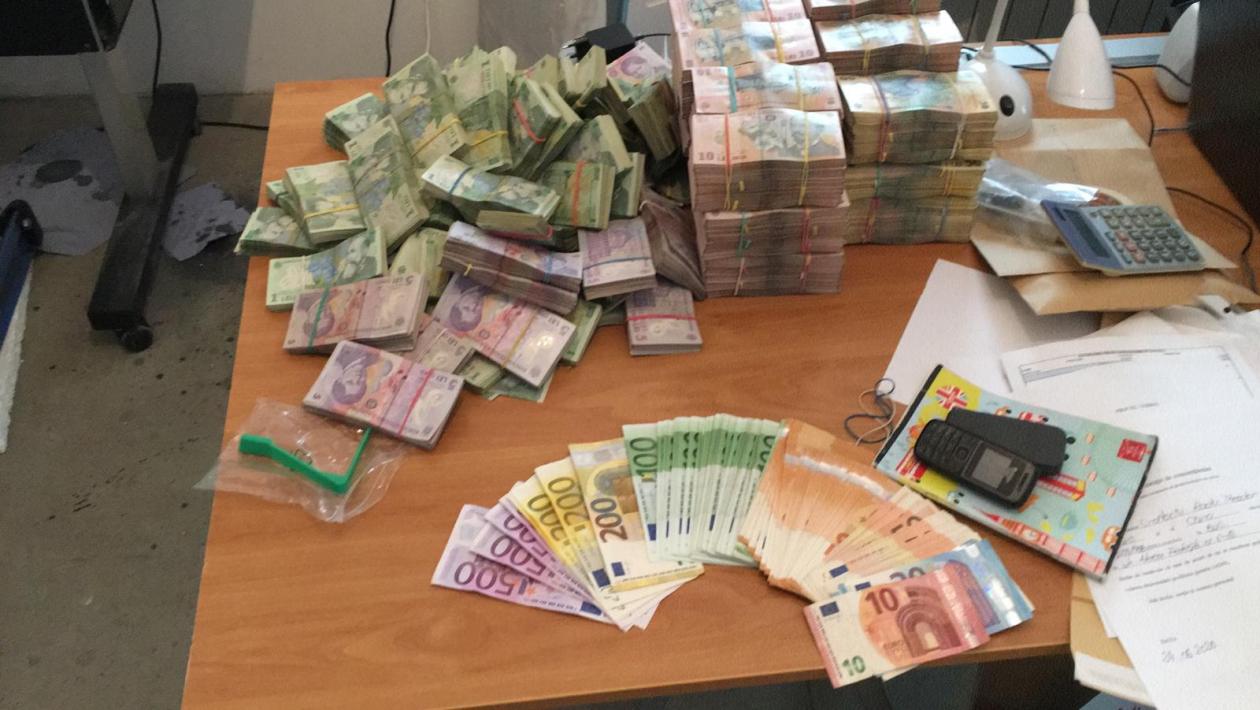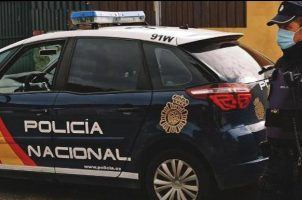Spanish Casino Counterfeit Cash Leads to Seven Arrests
Posted on: March 28, 2023, 07:51h.
Last updated on: March 28, 2023, 12:30h.
For all the efforts and new technology implemented by the European Central Bank (ECB) and others, creating money that can’t be counterfeited continues to be an impossibility. A small group of crooks spending money at casinos and stores around southern Spain proved this. But their escapades have come to an end.

As is typical with criminals, the group didn’t approach its activity methodically or intelligently. The money was burning holes in their pockets, and they wanted to spend it as quickly as possible.
In just a week last November, between €50,000 and €60,000 (US$54,070 and $64,884) in funny money passed through gambling venues and retail shops in Marbella, a popular spot for wealthy tourists, and Fuengirola. That week was targeted intentionally, as it typically has greater commercial activity because of the celebration of Black Friday.
Soon, a pattern began to emerge when the establishments handed over the money to their banks. At the time of the sales, no one noticed that the €500 (US$540) notes were fake. But the banks did.
That led to a police investigation that finally concluded this month. When the net dropped, seven people, all Bulgarians and part of the same family, were under arrest.
Good While it Lasted
Investigators with the Bank of Spain, which managed the case, said it was unlike anything they had ever experienced, according to a statement. The group rolled through southern cities like a tornado, spending money anywhere and everywhere they could.
That would ultimately help police crack the case. The first complaints began arriving at the end of November, and increased from there.
The National Police took a closer look, and through the analysis of the security cameras, were able to identify seven people involved in at least 25 cases. They identified the culprits and conducted raids on homes in Marbella and Malaga that ended with the arrests. In the homes, they found more phony cash.
The fake notes were able to fool almost everyone. They included the same types of security features, such as a hologram, watermark, and security thread, and reportedly felt the same as any valid notes.
By using Black Friday shopping as cover, the thieves hedged their bets. They counted on employees not taking the time to check the authenticity of the notes with their counterfeit detectors, relying only on sight and touch. The casinos and stores were too busy and only wanted to get customers through their lines as quickly as possible.
One or more of the group would go into a store and make a purchase of around €100 (US$108), paying with the fake €500 bill. In doing so, they were able to liquidate the fake assets for real ones. The high degree of shopping made it easier for investigators to create a trail that led to the arrests.
From China, with Love
The use of the €500 notes wasn’t a coincidence, and can be traced back to China. Last October, after a year-long investigation, police in Spain arrested 12 people operating a counterfeiting ring with international support.
The counterfeit money began appearing across Europe, leading to a collaborative effort among different law enforcement offices across Europe and the ECB. They determined the group was operating out of Spain and begin to hone in on the suspects. In an effort to take down the entire operation and not just a cell, the investigators took their time and gathered as much information as possible.
They learned the printer was an ex-con who, apart from filling Spanish banks with fake money, was living a quiet life. He previously sourced the materials from China, but had to switch once COVID-19 hit and supply lines were cut off.
Undeterred, he and his group found a new supplier and continued their operations. When the investigation came to a head, law enforcement dropped in simultaneously on locations in the Spanish cities of Alicante, Barcelona, Malaga, Teruel, and Valencia. In addition to arresting the dirty dozen, they confiscated around €8 million (US$8.65 million) in fake cash.
They arrested the unidentified ringleader, who showed that the prison-for-rehabilitation plan doesn’t work. He had been locked up for counterfeiting money and obviously didn’t learn from his mistakes. Now, he’s back in his former home, a 29-square-foot cell in a Spanish prison.
Related News Articles
Casino Workers Help Gang Steal Over $500K From Spanish Casinos
Spain Croupier Busted for Rigging Roulette Wheel So Father Could Win
Most Popular
Mirage Las Vegas Demolition to Start Next Week, Atrium a Goner
Where All the Mirage Relics Will Go
Most Commented
-
Bally’s Facing Five Months of Daily Demolition for Chicago Casino
— June 18, 2024 — 12 Comments
















No comments yet